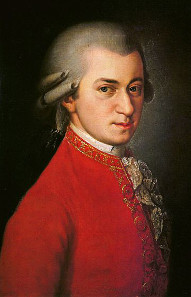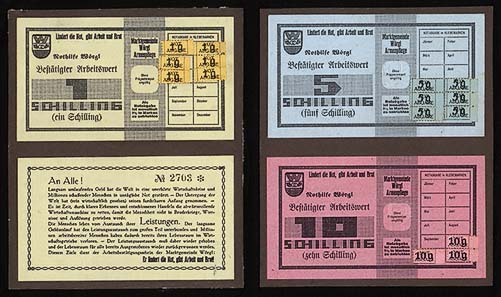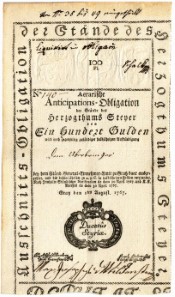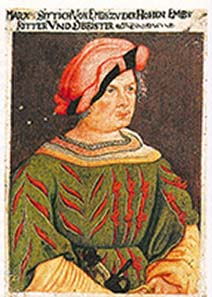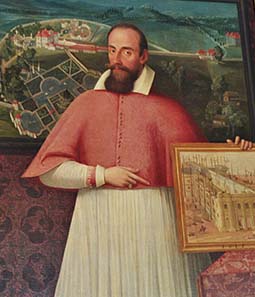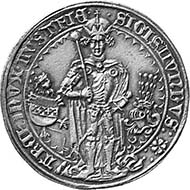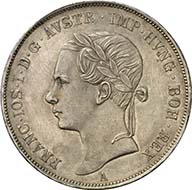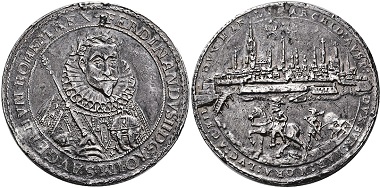The Design of the Circulation Euro Coins: Austria – 1 Cent – Mozart
Mozart is a brand, just like Coca Cola, Mercedes or Apple. With his name, everything can easily be sold: the Getreidegasse (Grain Lane) in Salzburg, the real Mozartkugeln (Mozart ball) and the country of Austria that depicts on his coins a composer who, strictly speaking isn’t of Austrian descent.







